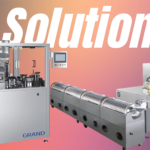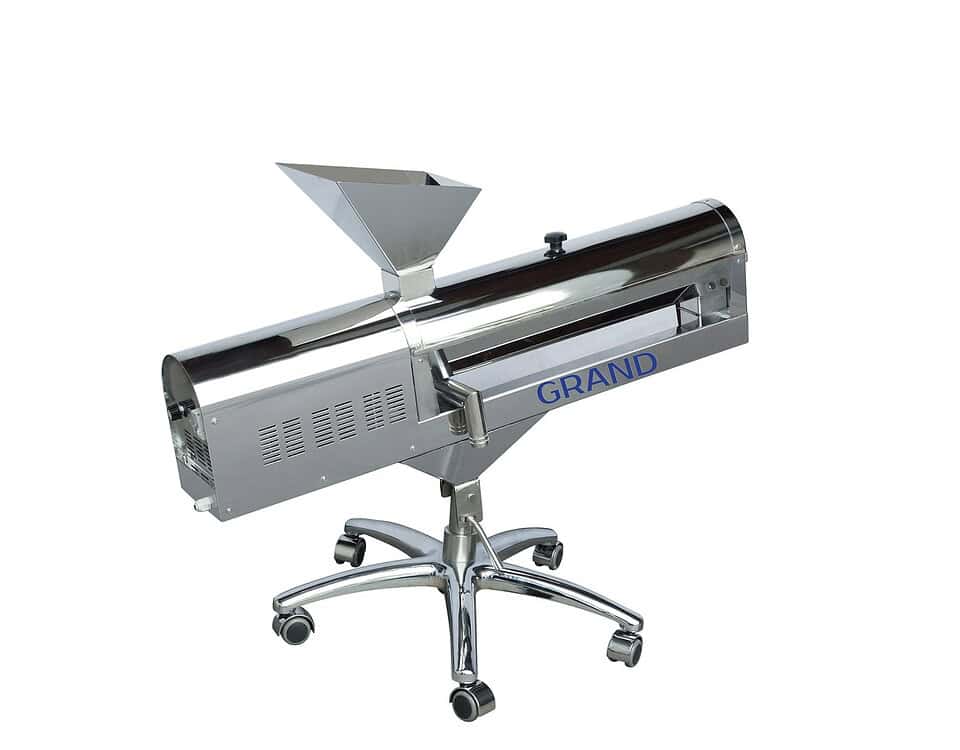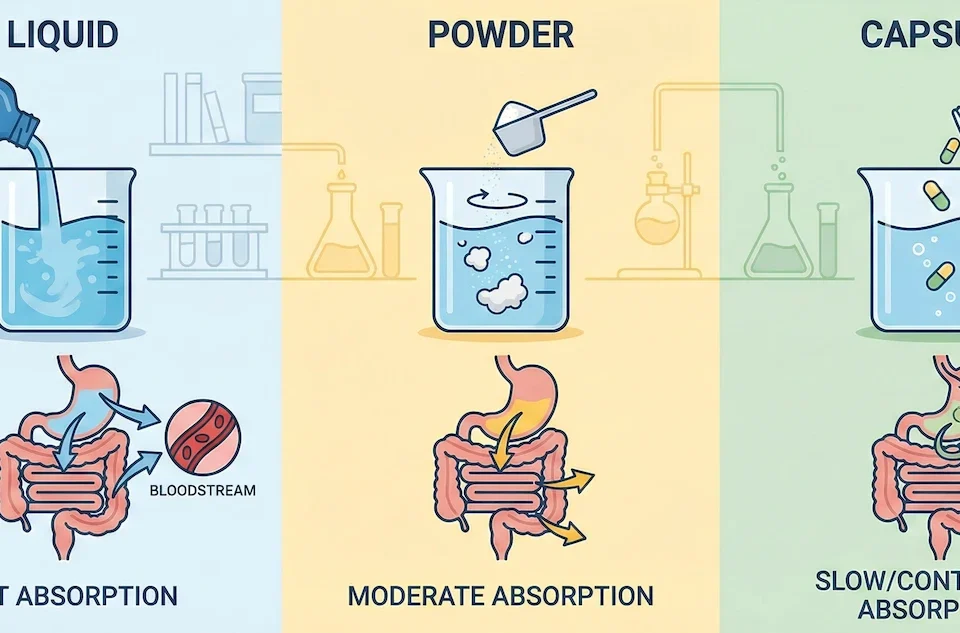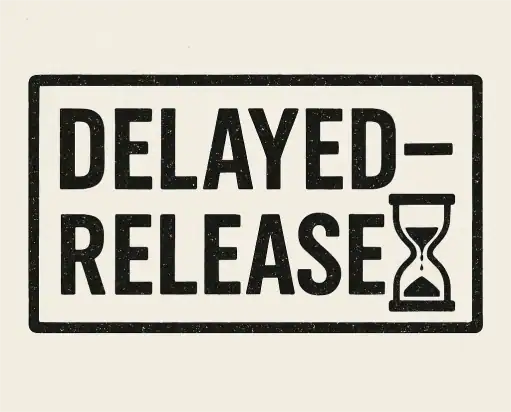
Features and applications of liquid capsule and soft capsule filling machines

5 Tips to Buy a Semi-Automatic Capsule Filling Machine
Capsules vs Tablets: Which is Right for You?
Capsules and tablets are among the most common medicine options. But which is better for you? Each has its pros and cons, and knowledge these differences can help you make an informed choice. In this guide, we’ll compare capsules and tablets, highlighting their benefits, drawbacks, and reasons why capsules may work faster.

Capsules and Tablets: A Quick Comparison
Before diving into the details, let’s look at what makes capsules and tablets different.
What Are Capsules?

Capsules are small shells made of gelatin or plant-based alternatives that hold medicine in powder or liquid form. There are two main types of capsules: hard-shell and soft-shell. Hard-shell capsules can be opened to mix their contents, while soft-shell capsules are liquid-filled and cannot be opened.
Benefits of Capsules:
- Taste Masking:Capsules can hide unpleasant flavors.
- Easy to Swallow: Their smooth, rounded shape makes them easier to swallow.
- Fast Acting:Capsules dissolve quickly in the stomach, allowing the medicine to be absorbed faster.
What Are Tablets?
Tablets are solid pills made by compressing powdered ingredients. They come in different sizes, shapes, and colors. Some tablets are chewable, others dissolve in water, and some are coated to make swallowing easier.

Benefits of Tablets:
- Cost-Effective:Tablets are generally cheaper to produce and buy.
- Extended Release: Some tablets are designed to release their contents slowly over time.
- Flexible Dosage: You can often cut tablets in half to adjust the dosage.
Which is Better: Capsules or Tablets?
Many people wonder whether capsules or tablets are more effective. Here are a few things to consider:
Ease of Swallowing:
Capsules are usually easier to swallow, especially for children and older adults. Their smooth edges are less likely to cause discomfort compared to large tablets.
Absorption Rate:
Capsules tend to dissolve faster, which means the medicine enters your system more quickly. This makes capsules a better choice for fast relief, like when treating pain or allergies. Tablets, especially extended-release versions, may take longer to break down.
Personal Preference and Lifestyle:
Some people prefer capsules because of their ease of use, while others like tablets for their cost and resilience. Tablets can often be split to adjust the dosage, which isn’t usually an option with capsules.
Advantages of Tablets Over Capsules
While capsules have their benefits, tablets also have some unique advantages.
Cost:
Tablets are usually less expensive, which is a big plus for people who take medication long-term.
Different Types of Tablets:
- Chewable Tablets: Ideal for kids or people who have trouble swallowing.
- Effervescent Tablets: Dissolve in water for easy consumption.
- Film-Coated Tablets: Easier to swallow and may protect the medicine from stomach acid.
Splitting Tablets:
You can cut many tablets in half to reduce the dosage, which isn’t possible with capsules. This resilience is useful for people who need to adjust their medication.
Extended-Release Options:
Some tablets are designed to release the medicine slowly over time. This is helpful for people managing chronic conditions because it keeps the medication in their system longer.
Longer Shelf Life:
Tablets typically last longer than capsules. Capsules can be affected by humidity and temperature.
Cons of Capsules
Although capsules are convenient, they do have some drawbacks.
Cost:
Capsules are often more expensive than tablets due to the materials and producing process.
Fragility:
Capsules can be damaged by heat and moisture, which may cause the medicine inside to break down.
Limited Dosage Resilience:
Unlike tablets, capsules cannot be split or crushed, which limits dosage options for those needing smaller amounts.
Slower Production:
Capsules take longer to manufacture, which can lead to supply shortages when demand is high.
Why Do Capsules Work Faster Than Tablets?
Capsules dissolve quickly in the stomach, allowing medicine to enter the bloodstream faster. This makes them ideal for those needing immediate relief, like people with sudden pain or allergies.
Quick Dissolution:
Capsules have a gelatin or plant-based coating that dissolves quickly. This allows the medicine to enter the bloodstream faster than most tablets.
Immediate Release:
Many capsules are designed for immediate release, meaning they work quickly once swallowed. This is ideal for people needing fast relief from symptoms like headaches or allergic reactions.
Final Thoughts
The choice between capsules and tablets depends on your needs and preferences. Capsules are easier to swallow and provide faster relief, but they’re often more expensive. Tablets are more affordable and flexible, but they may take longer to work.
If you're unsure which option is best for you, it’s always a good idea to talk to your doctor. They can help you decide based on your health and what works best for your body.
Here are some common questions that might be included in the FAQ for Capsules vs Tablets: Which is Right for You?:
What are capsules and tablets?
Capsules: Small shells filled with liquid or powder. They dissolve quickly and are easy to swallow.
Tablets: Solid pills made by compressing powder. They are usually cheaper and come in different forms.
Which is easier to swallow?
Capsules are typically easier to swallow due to their smooth, rounded shape, which is more comfortable, especially for kids and older adults.
Why do capsules work faster?
Capsules dissolve quickly in the stomach, allowing the medicine to enter your bloodstream faster. This makes them a good choice for quick relief.
Can I split or crush capsules?
No, capsules can't be split or crushed. Tablets, however, can often be cut in half to adjust the dosage.
Which is more affordable, capsules or tablets?
Tablets are generally cheaper than capsules, which is helpful for people taking long-term medication.
What are the benefits of capsules?
- Easy to swallow
- Hide bad taste
- Provide fast relief since they dissolve quickly
What are the benefits of tablets?
- More cost-effective
- Can be split for dosage adjustments
- Available in extended-release options
Do capsules and tablets last the same amount of time?
No, tablets usually have a longer shelf life. Capsules are more sensitive to heat and moisture, which can affect the medicine inside.
What kinds of tablets are available?
- Chewable tablets
- Dissolvable tablets (effervescent)
- Film-coated tablets, which are easier to swallow
How do I choose between capsules and tablets?
Your choice depends on factors like ease of swallowing, cost, and how fast you need the medicine to work. Your doctor can help you decide which is best for you.
Recommend Readings:
Capsule or Tablet? Pros, Cons, and Prices Explained. (Feb 23, 2022). Goodrx. https://www.goodrx.com/drugs/medication-basics/capsule-or-tablet
What’s the Difference Between Capsules and Tablets? (March 12, 2024). verywellhealth. https://www.verywellhealth.com/capsule-vs-tablet-8583176
Tablets vs. Capsules: Pros, Cons, and How They Differ. https://www.healthline.com/health/capsule-vs-tablet




